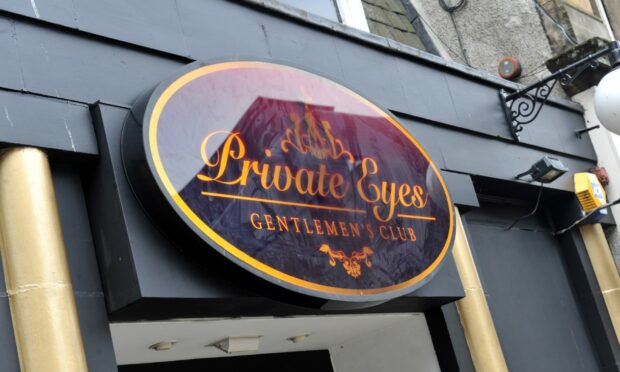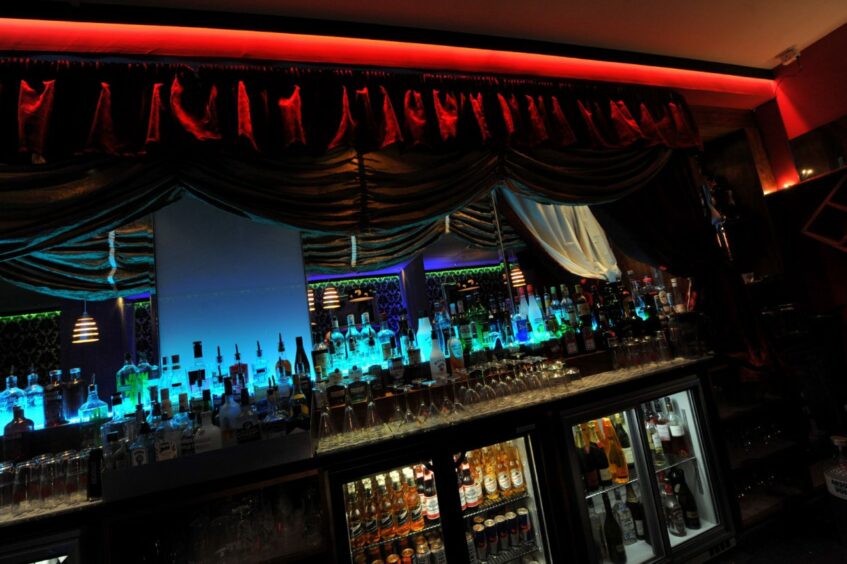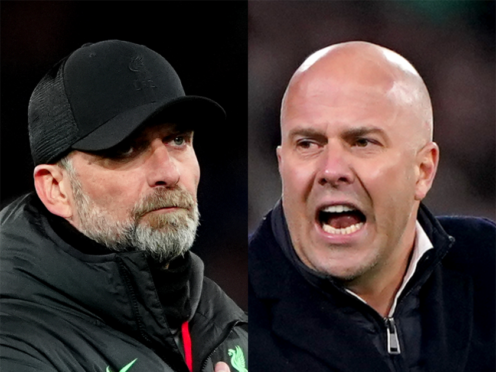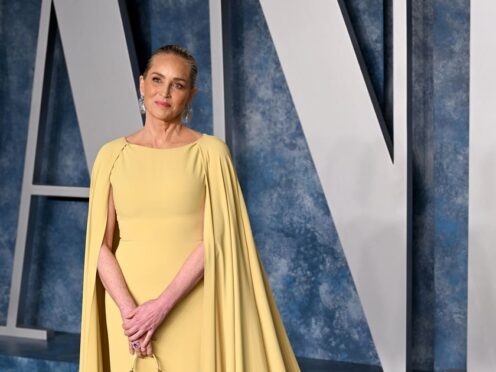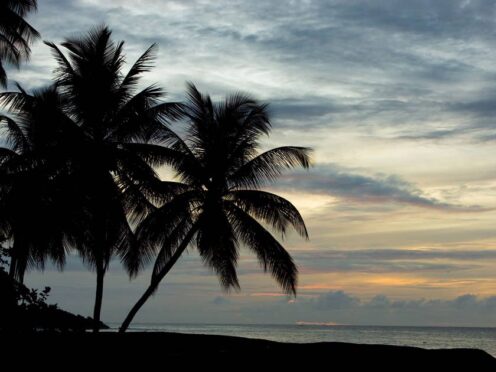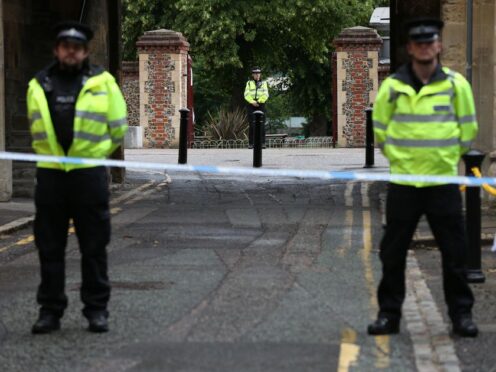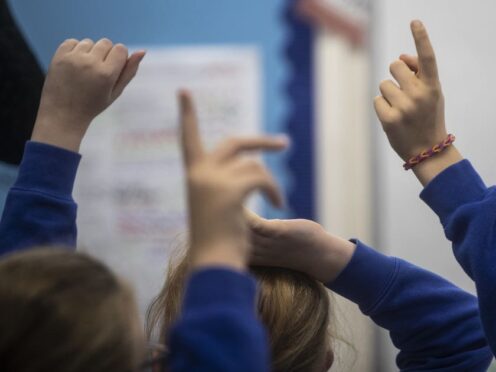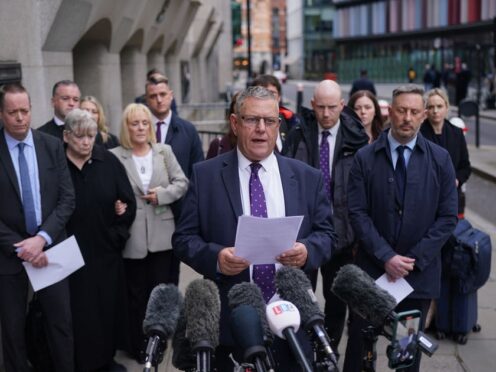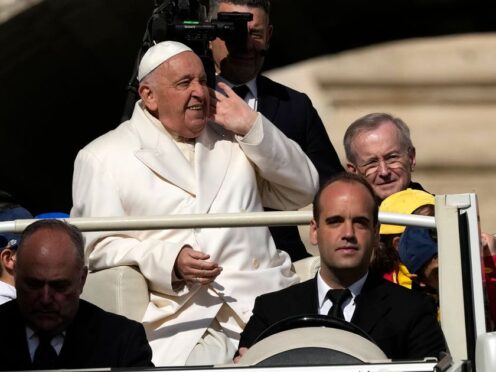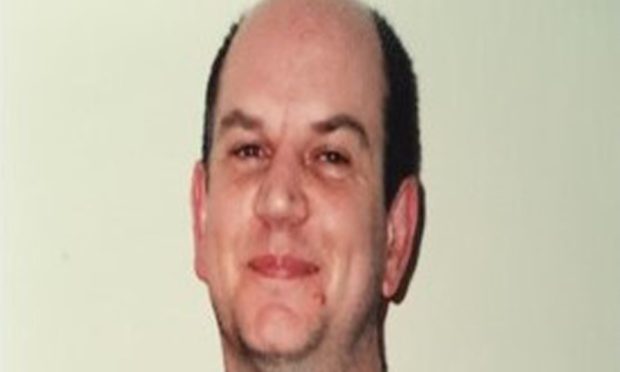Members of Highland Council’s licensing committee will vote next week on the number of sex entertainment venues that can operate in the area.
It follows a decision in October that a licensing regime should be put in place.
There’s currently only one operating in the Highlands – the Private Eyes Gentleman’s Club in Inverness.
Sex entertainment venues (SEVs) are a legal business, and the council has stressed that it’s not taking any “moral stance” on the subject.
Had councillors in October voted against licensing SEVs they could still operate legally – they would simply do so without a licence.
By voting to put a licensing scheme in place, councillors hoped to gain more control over how they operate and protect the people who work there.
48% against SEVs in Highland
The council launched a public consultation in August last year. It attracted 210 responses.
Asked which areas were compatible with SEVs, 48% of people said these venues are not appropriate anywhere in the Highlands.
Responses highlighted concerns about women’s equalities and safety, crime, and the character of the area.
However, 17% of people suggested Inverness city centre would be an appropriate location, while 11% identified town centres including Thurso, Wick, Fort William and Aviemore. 12% of people said SEVs should be able to operate anywhere in Highland, especially in areas with a late night economy, nightclubs and rural or secluded areas.
As part of its research, the council produced a map showing schools, places of worship, the location of children’s services and high density residential areas. This map is intended to help councillors decide where SEVs can be licensed.
Councillors have two options when deciding on location. Option one is not to break down the area, and to implement one licensing area for all of Highland. Option two is to split Highland up, either by council ward, a north/south divide or by community partnership area.
‘Don’t drive stripping underground’
However, the more challenging question will be how many SEVs to license. If members opt to set the licensing number to zero, this effectively prevents clubs from operating at all.
Debating the issue in August’s licensing meeting, many councillors said they hoped to safeguard SEV employees through licensing rules.
Committee chairman Andrew Jarvie said the committee needed to think about the future. “I am interested to see what would come from the consultation, particularly from the police and women’s charities who deal with this very often.”
Inverness Women’s Aid sent councillors a strong message in their consultation response, writing: “It is my belief that SEVs are entirely negative and should not be allowed to open in any areas. They are severely detrimental to the often-vulnerable women who work in them and can lead to other forms of sexual exploitation. I believe that the council should be working on a zero-licensing model which would enable them to effectively outlaw such enterprises.”
The organisation Resist Porn Culture took the same view, calling SEVs sexist and discriminatory.
However, United Voices of the World, a union representing performers said a zero-licence approach would drive the industry underground. This would prevent workers from accessing representation on working conditions.
“United Voices of the World feels that one of the most effective ways of reducing harm in the workplace is the right for workers to organise collectively, access trade union representation and enter collective bargaining conversations with their bosses,” they said.
Councillors will decide on the licence number, duration and location at Tuesday’s meeting of the licensing committee.
